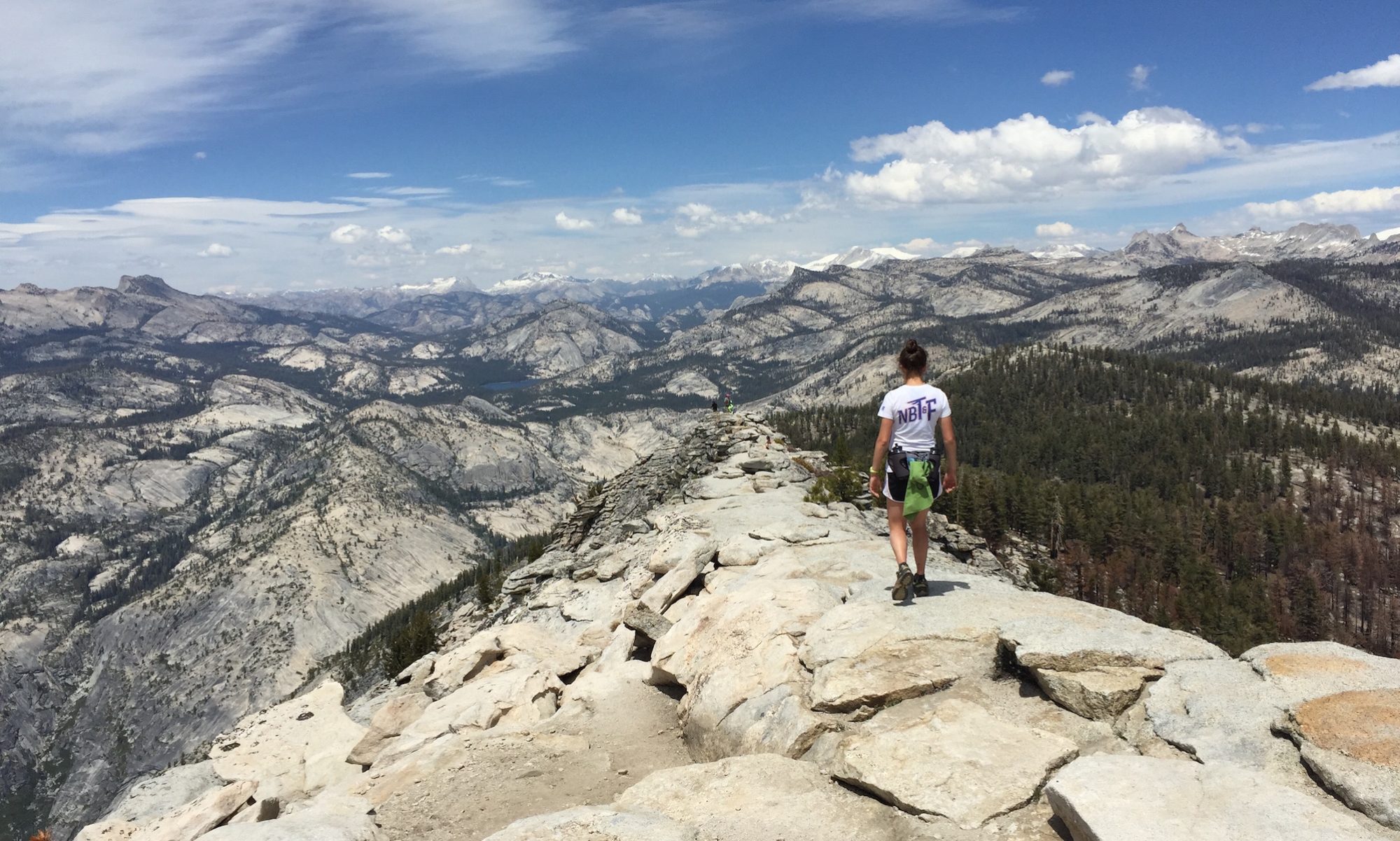How will your experience in #OpenLearning affect your teaching practice or scholarship? Why?
#OpenLearning17 has provided lots of inspiration for making my teaching practices more open and accessible. The course has also helped me better understand some of the choices I’ve made about the learning environment I want to create with my students. I have three partially written posts about specific aspects of the course and have accepted the fact that I’m not going to finish them until after the semester is over. For now, I want to throw out what I think are three of my main takeaways:
#1: What’s in a Name? I am going to be less concerned about definitions and more attentive to what works and why. At the beginning of the semester I thought I’d come away with a coherent working definition of Open Learning. But (sort of) watching the recent debates about the definition of “Open Pedagogy” has led me to think we should advocate for a catholic use of Open and not insist on one gold star definition that gets held up as the new orthodoxy. Continue reading “Reflections on #OpenLearning17”







